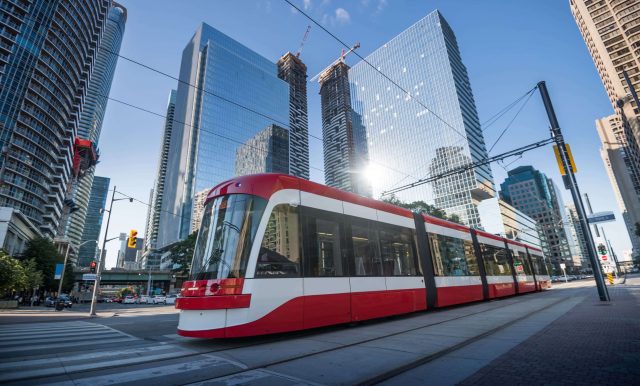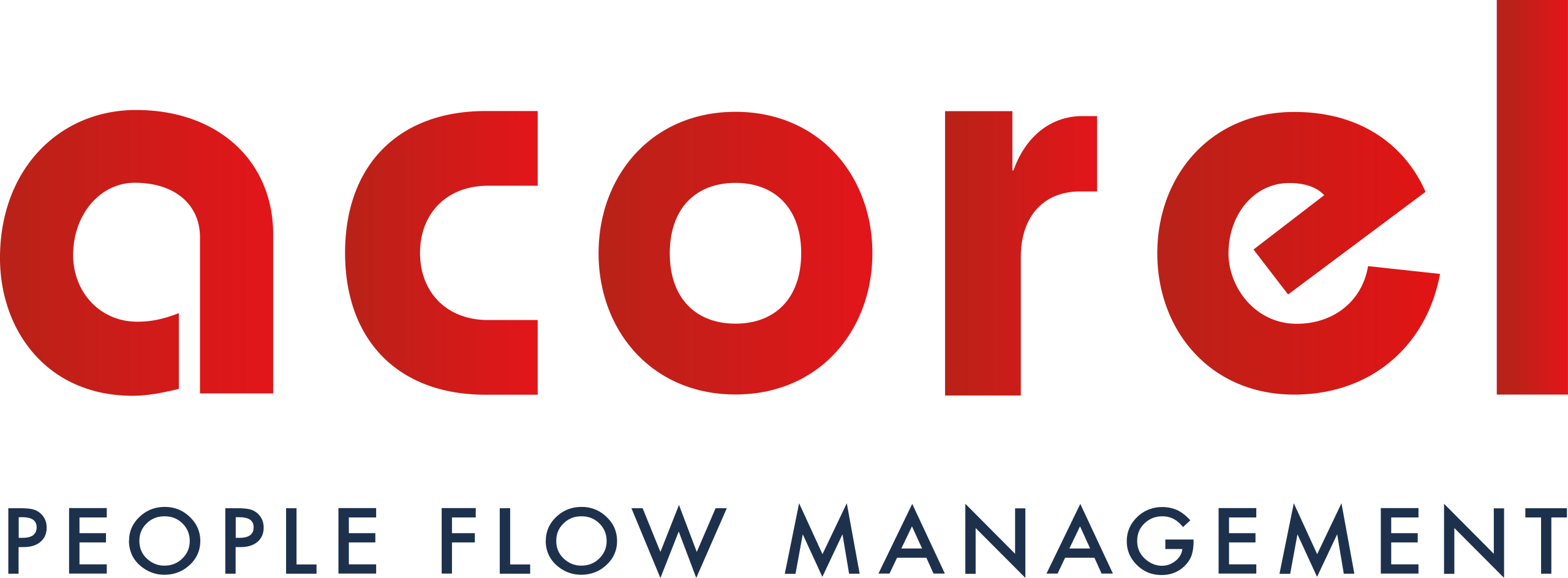The constant evolution of smart cities to address the challenges of rapid urbanization involves a complete overhaul of public transportation systems. At the heart of this transformation, we can find advanced passenger management solutions, utilizing cutting-edge technologies to enhance the efficiency, convenience, and sustainability of urban travel.
Real-time data integration for passenger management
In smart cities, passenger management goes beyond fixed schedules by integrating real-time data. Smart sensors, GPS tracking systems, and advanced communication devices are deployed to monitor passenger loads, potential delays, and traffic conditions in real-time. This information feeds into digital platforms, allowing users to plan their journeys more informedly, taking into account potential disruptions and available alternatives.
Predictive analysis for advanced planning
Smart city passenger management systems rely on predictive analysis to anticipate demand patterns and adjust services accordingly. Considering factors such as special events, weather conditions, and seasonal trends, these systems forecast demand fluctuations, optimize routes, and minimize waiting times. This proactive approach ensures effective passenger management, providing a smoother and more predictable travel experience.
Integration of multimodal transport
Smart cities implement passenger management systems that promote a multimodal approach to transportation. Users can access real-time information not only on bus and train schedules but also plan integrated routes involving various transport modes such as bike-sharing, electric scooters, and carpooling. This integration offers a comprehensive travel solution, optimizing connectivity between different transportation services.

Smart ticketing and payment systems
Smart city passenger management systems integrate intelligent ticketing and payment solutions. Users benefit from contactless payment methods, mobile applications, and smart cards, simplifying the payment process. These systems promote a seamless travel experience, eliminating obstacles such as queues at ticket counters and speeding up boarding.
Environmental sustainability in passenger management
Smart city passenger management systems incorporate environmentally friendly practices. By promoting the use of electric vehicles, carpooling, and other sustainable modes of transport, these systems contribute to the reduction of carbon emissions and the creation of a more eco-friendly urban environment.
For more information, click here
